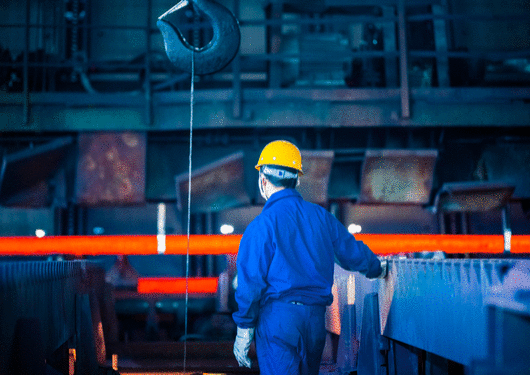
Visit Our Sponsors |
|
|
|
|
|
|
|
|
|
|
|
|
|
|
|
|
|
|
|
|
|
|
|
|
|
|
|
|
|
|
|
|
|
|
|
|
|
|
|
|
|
|
|
|
|
|
|
|
|
|
|
|
|
|
|
|
|
|
|
|

One big takeaway from Xi’s marathon three-and-a-half hour policy speech is that the next five years will be less about stoking economic growth and more about improving quality of life in a country with a vast wealth gap, housing bubble and world-class pollution challenges.
From Intel Corp. to Ford Motor Co., western firms have long recognized the commercial advantages of being a good corporate citizen in China and have opened research centers, shared know-how with local partners and invested in startups. Now, the expectation is that foreign companies will need to demonstrate a willingness to improve the lot of ordinary workers to stay in the good graces of Beijing.
“Multinationals and local companies will need to cope with this agenda of more balanced growth and the focus on the quality of life,” said Weiwen Han, Greater China managing partner for Bain & Co. in Shanghai. “When they look at China as an opportunity, they cannot seek growth as the primary target.”
While policies such as those governing technology transfers and electrification in the automotive industry tend to be black and white, Xi’s most recent remarks leave plenty of room for interpretation. Some companies have gotten ahead of the curve with initiatives targeting workers and their families. Starbucks Corp., which has 2,800 outlets in China, said in April it would provide its local workers with health insurance that extends coverage to their parents.
RELATED CONTENT
RELATED VIDEOS
Timely, incisive articles delivered directly to your inbox.







